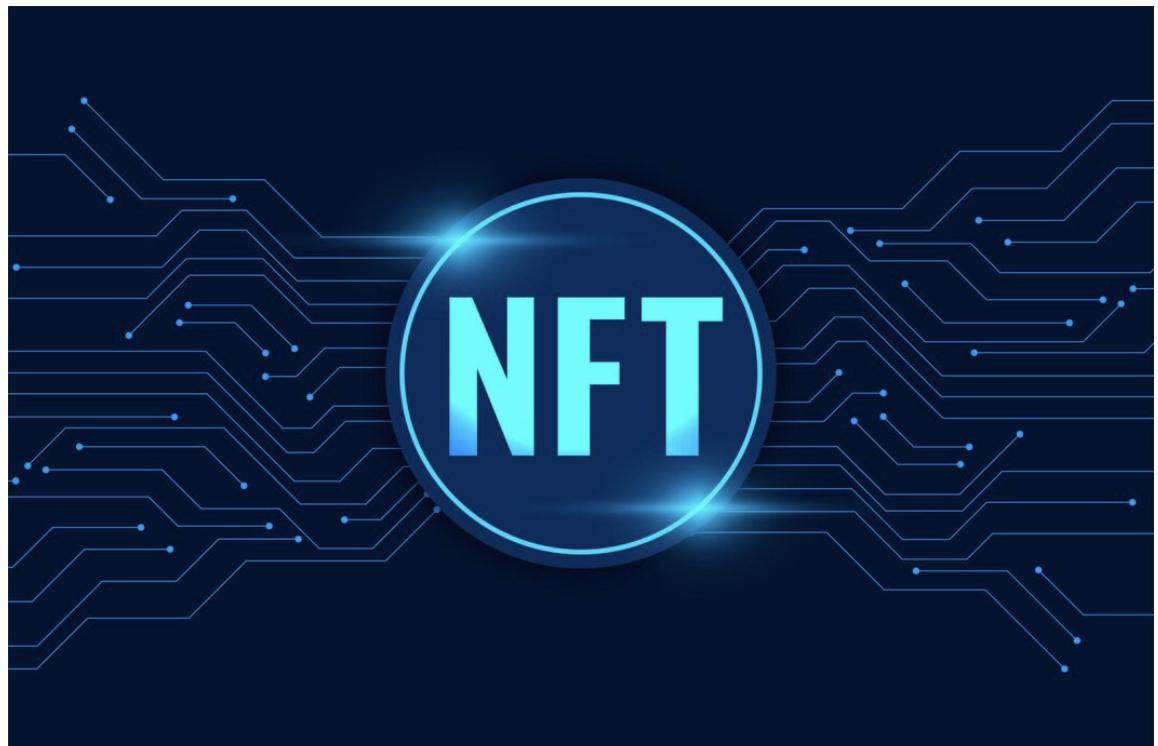The Metaverse: Exploring the Next Frontier of Digital Interaction

Imagine a world where physical boundaries dissolve, and digital spaces become the new frontier for exploration, interaction, and creativity. This is the promise of the metaverse, a collective virtual space that blurs the line between the physical and digital realms, offering immersive experiences and limitless possibilities for socialization, entertainment, and commerce.
At its core, the metaverse is a convergence of virtual reality (VR), augmented reality (AR), and other immersive technologies that enable users to interact with digital environments and each other in real-time. From virtual concerts and gaming experiences to virtual meetings and shopping malls, the metaverse encompasses a wide range of virtual spaces and experiences that cater to diverse interests and preferences.
One of the defining characteristics of the metaverse is its persistent nature, where digital assets, identities, and experiences persist across different virtual worlds and platforms. This continuity allows users to create, customize, and own digital assets such as virtual real estate, avatars, and in-game items, fostering a sense of identity and ownership within the metaverse.
The concept of the metaverse has gained significant attention in recent years, fueled by advancements in technology, changing consumer behaviors, and the growing demand for immersive digital experiences. Companies across various industries, from gaming and entertainment to retail and education, are investing in the development of metaverse platforms and experiences, recognizing the transformative potential of this emerging paradigm.
In the realm of gaming, the metaverse represents a paradigm shift in how games are created, distributed, and experienced. Instead of standalone titles with limited interactions, developers are building persistent virtual worlds where players can socialize, collaborate, and create meaningful experiences together, blurring the lines between gaming and social networking.
Beyond gaming, the metaverse has implications for education, allowing students to explore virtual classrooms, participate in immersive simulations, and engage with educational content in new and exciting ways. Similarly, in the realm of commerce, the metaverse presents opportunities for retailers to create virtual storefronts, host virtual events, and offer immersive shopping experiences that transcend traditional brick-and-mortar limitations.
As the metaverse continues to evolve, it raises important questions about identity, privacy, and governance in digital spaces. Issues such as digital rights management, data ownership, and virtual economies will become increasingly relevant as the metaverse expands and becomes more integrated into our daily lives.
In conclusion, the metaverse represents a paradigm shift in how we interact with digital technology, offering a glimpse into the future of human-computer interaction and online communities. As technology continues to advance and our understanding of virtual spaces evolves, the metaverse has the potential to reshape the way we live, work, and play in the digital age.


Leave a Comment